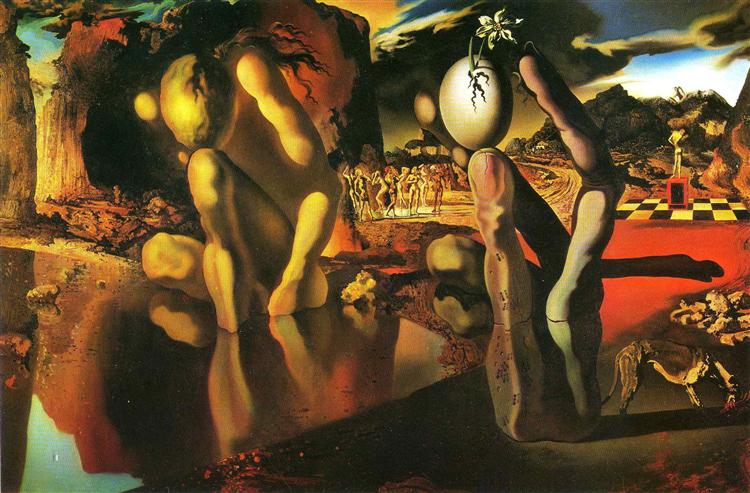“The Story of Narcissus” (lll) – Ovid



Love opened a mortal wound.
In agony, I worked the blade
to make it deeper. Please,
I begged, let death come quick.
Wild, distracted, sick,
I counted, counted
all the ways love hurt me.
One life, I thought—a thousand deaths.
Blow after blow, my heart
couldn’t survive this beating.
Then—how can I explain it?
I came to my senses. I said,
Why do I suffer? What lover
ever had so much pleasure?
Con el Dolor de la Mortal Herida
Con el dolor de la mortal herida,
de un agravio de amor me lamentaba;
y por ver si la muerte se llegaba,
procuraba que fuese más crecida.
Toda en el mal el alma divertida,
pena por pena su dolor sumaba,
y en cada circunstancia ponderaba
que sobrarban mil muertes a una vida.
Y cuando, al golpe de uno y otro tiro,
rendido el corazón daba penoso
señas de dar el último suspiro,
no sé con qué destino prodigioso
volví en mi acuerdo y dije:—¿Qué me admiro?
¿Quién en amor ha sido más dichoso?



if you’ll pardon the allusion,
with over-the-top, it must be
admitted, metaphors, allegories
